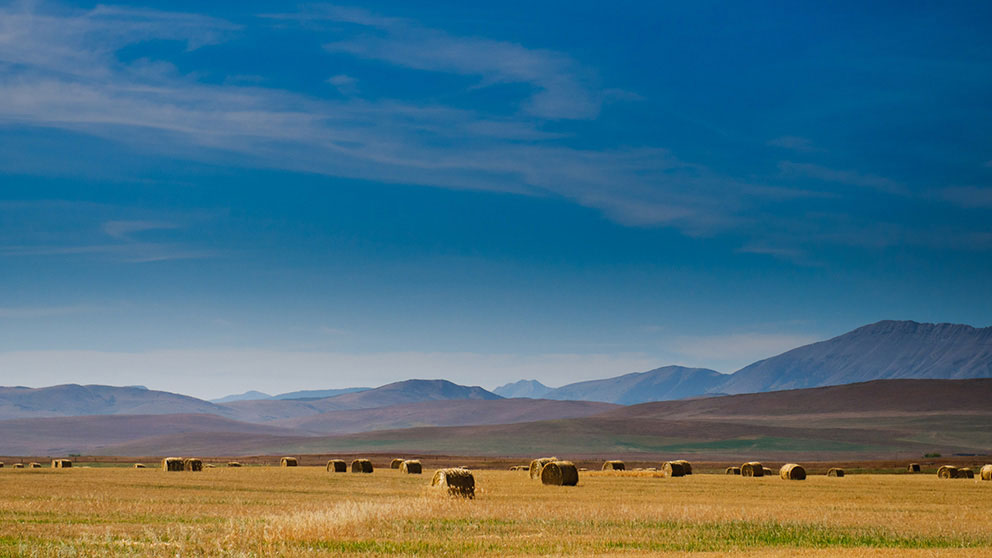Understanding business cycles

Managing economic and business cycles can go a long way toward helping farm CEOs cash in on upturns and cushion downturns. But before they can be managed, these concepts need to be fully understood.
Understanding cycles
The economic cycle of the agriculture sector is an environment over which farmers have no control, and includes factors such as weather, commodity prices and interest rates, explains FCC vice-president and chief economist J.P. Gervais.
Economic cycles see marked periods of price highs and lows. Predicting their turning points with any type of accuracy and consistency is next to impossible, he says. Fundamental factors change, making what caused the last cycle to rise and fall — and for how long — insufficient to predicting what will happen next time.
By contrast, a business life cycle is the strategic environment of your operation, and has stages: launch, growth, maturity, and stability or decline.
“Those are decisions that I’m making that I have control over,” Gervais says.
Managing cycles
Farm owners can be proactive when it comes to cycles, instead of reacting to them.
Farm owners can be proactive when it comes to cycles, instead of reacting to them.
For instance, you might begin an expansion phase when prices in the economic cycle are low, in anticipation of rising prices. Or you might make investments when interest rates are historically low.
Think of cycles as either progressing or regressing – there is no neutral ground. It’s important to always keep your foot on the gas and consider how to make the most of the current situation.
“Write down your goals over the short and long term,” Gervais recommends. “Think of critical success measures: that is, things you will be able to objectively assess in terms of meeting the goals you set for the business. Then evaluate how your business is doing against these critical success factors.”
Managing risk
There’s also a risk management part to these decisions: “It’s not about not taking risk, it’s about understanding the risks you take, and how to mitigate them,” Gervais says.
Economic cycles tell us good times never last forever. The overall growth of the previous 15 years left some post-Generation X farm operators without the experience of years when, for many, the objective was simply to limit losses.
Weather challenges experienced throughout 2021 changed that for many producers and underlines the importance of ensuring management skill basics are in place. This includes knowing:
exposure to production risk
exposure to financial risk
Understanding those risks requires planning and analysis. Gervais recommends choosing a business dimension of your farm and evaluating the impact of a few scenarios.
“For example, if you think of financial risk, evaluate how different phases of the economic cycle impact your ability to meet debt obligations, cash flows, ability to expand or to carry out different strategies,” he says.
From an AgriSuccess article by Richard Kamchen.

Understand the different paths, and rules and regulations when purchasing land as a First Nation.
